
DHIs, first classified by the World Health Organization in 2018, include telemedicine, mobile health, wearable technologies, and artificial intelligence algorithms.

DHIs, first classified by the World Health Organization in 2018, include telemedicine, mobile health, wearable technologies, and artificial intelligence algorithms.
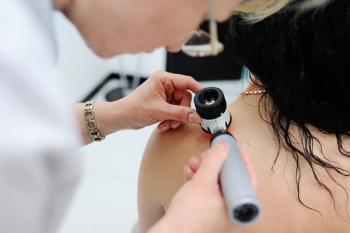
Findings showed that alternative to conventional follow-up resulted in a higher 3-year overall survival rate.

A recent study found that 4 weeks of treatment with dupilumab led to 87% of patients achieving disease control.

Nearly 25% of people “have vitamin D blood levels that are too low or inadequate for bone and overall health,” according to the NIH.

A study found that patients achieved 50% improvement with JAK inhibitors compared to placebo.

An mHealth app for early detection of skin cancers was followed by an increase in the number of claims for premalignancies.

Be sure to vote in this month's poll!
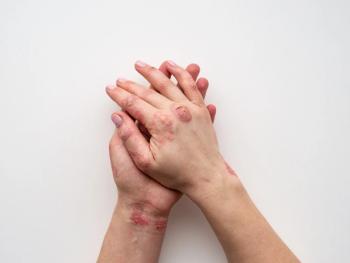
Researchers recommend patients with psoriasis and their dermatologists discuss whether taking a vitamin D supplement is right for them.
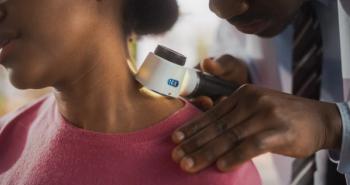
A recent study determined over 12,000 screenings would need to be done to identify 1 case of melanoma in racial and ethnic minority populations.
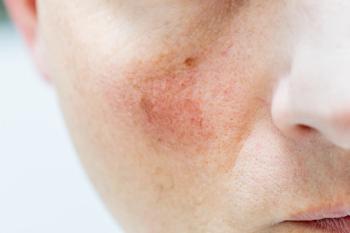
The National Rosacea Society found that a lack of health insurance or the high cost of a copay caused 52% of respondents to avoid obtaining medical care for their rosacea.

Ycanth (cantharidin) was approved for the topical treatment of molluscum contagiosum in adult and pediatric patients 2 years of age and older as an in-office administered therapy.

Investigators theorize that the inflamed skin of AD patients or treatments they are undergoing could contribute to an elevated mutation rate.
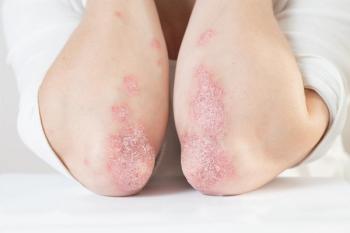
Researchers at the 2023 American Academy of Dermatology Association Annual Meeting discussed the effects of product complexity on preclinical testing, among other topics.
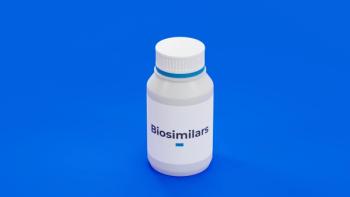
These medications join adalimumab-atto, which launched on January 31.
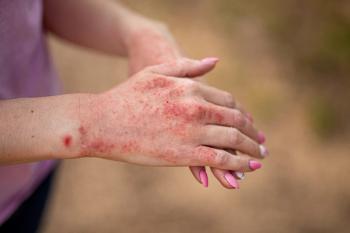
Although it is widely known that probiotics have anti-inflammatory effects and can alleviate clinical symptoms of atopic dermatitis (AD) in children, the effects of probiotics on AD in children have long been controversial.
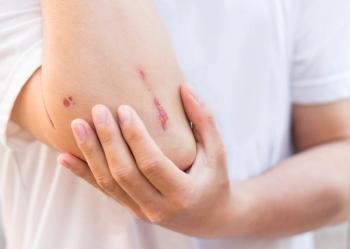
What are the experiences of patients who had their wound treated in pharmacy settings?

How does AI help reduce the burden on specialist dermatology services and help simplify the screening process?

Barriers that continue to exist include the challenges of recruiting exceptional pharmacists and the changing landscape of therapies for dermatologic conditions.
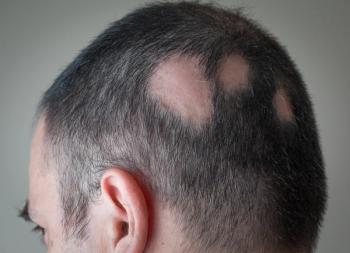
The once-daily oral medication is the first and only treatment approved by the agency for adolescents with the disease.


More research is required to make conclusions regarding long-term use and efficacy.
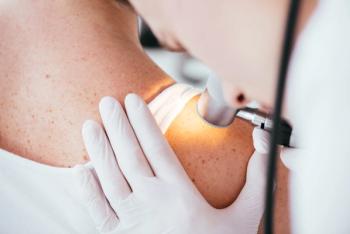
Nivolumab plus relatlimab showed a clear benefit in progression-free survival, overall survival and objective response rate.

Cytokine signaling pathways in sera from underrepresented minority patients were found to be enriched.

A survey found that only 24.6% of respondents have conducted a skin self-examination in the past 2 months.

Roflumilast foam can help address the unmet need for an effective, cosmetically tolerable treatment for seborrheic dermatitis.